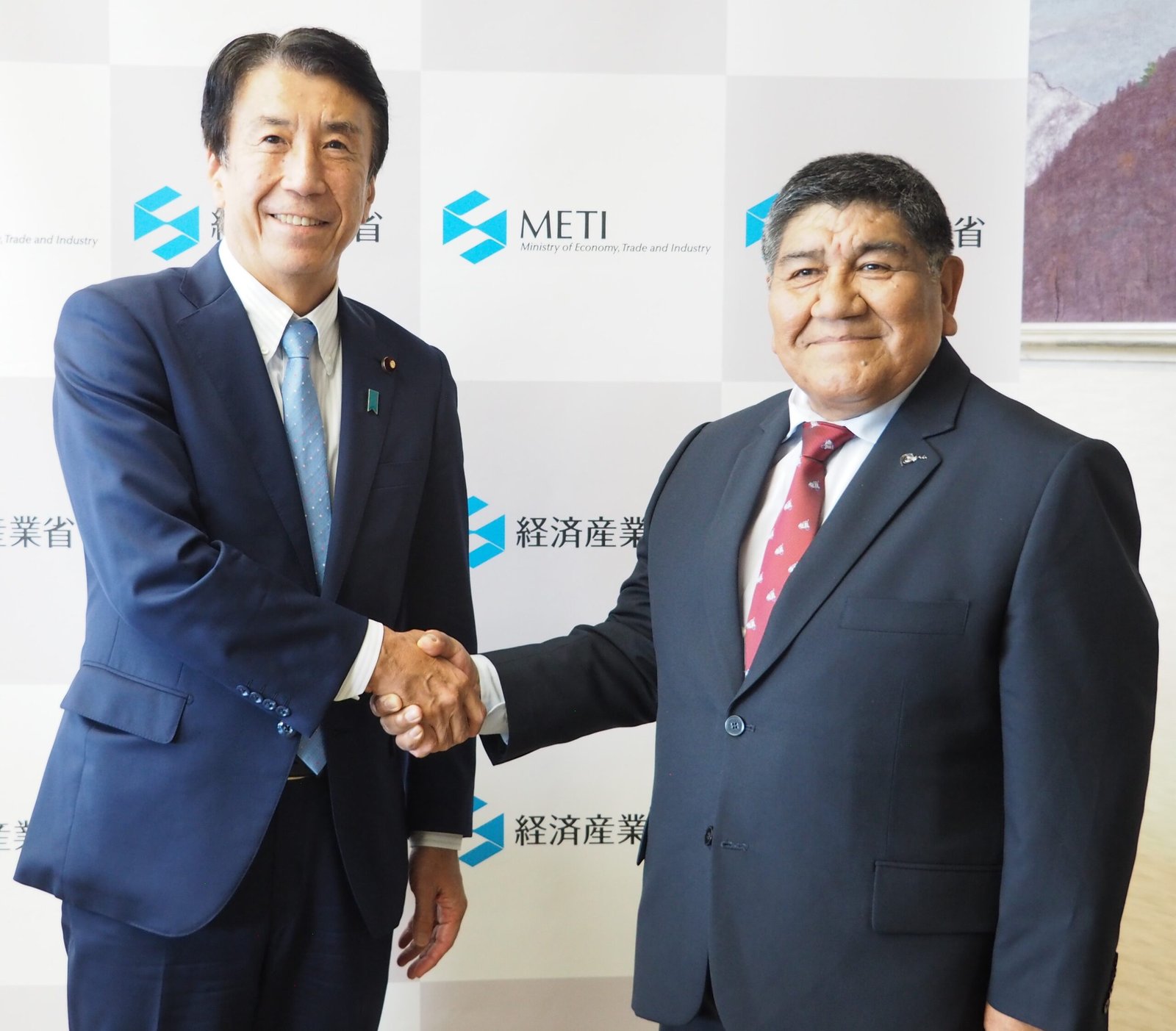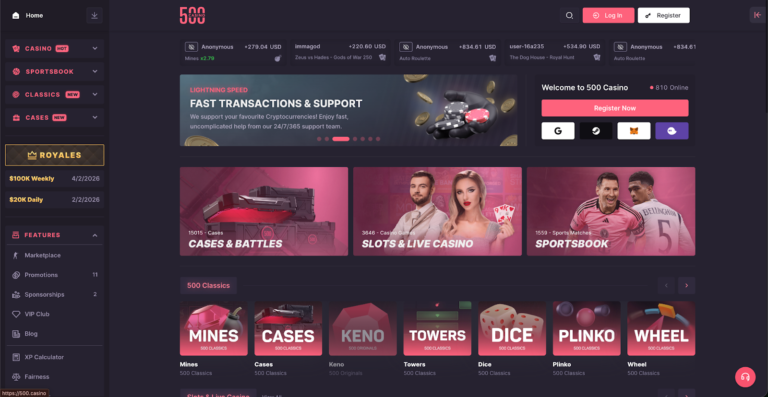
OLYMPUS DIGITAL CAMERA
Who is Rómulo Mucho Mernenuch?
Rómulo Mucho Mernenuch is a distinguished Peruvian mining engineer, educator, and politician recognized for his vast contributions to the mining and energy sectors. His expertise and leadership have significantly impacted the development of Peru’s mineral resources, advocating for sustainable mining practices and policies that drive economic growth. Throughout his career, he has played a crucial role in bridging the gap between industry, government, and environmental sustainability.
Early Life and Educational Background
Born in Juli, Puno, Peru, on October 24, 1956, Rómulo Mucho Mernenuch developed a deep interest in engineering and natural resource management from an early age. He pursued a degree in Mining Engineering at the National University of the Altiplano in Puno, solidifying his technical knowledge in the field. His academic pursuits extended internationally, including specialized studies in mining investment projects and executive management in prestigious institutions across Japan, Canada, and Peru. These experiences provided him with a global perspective on mining operations, regulations, and economic impact.
Career Path in the Mining Industry
Rómulo Mucho Mernenuch has had a remarkable career spanning both the public and private sectors. His expertise led him to serve as the Deputy Minister of Mines at the Ministry of Energy and Mines (MINEM) in 2006, where he played a pivotal role in shaping national mining policies. Additionally, he served as the President of the Board of Directors at the Institute of Mining Engineers of Peru (IIMP), contributing to modernizing the industry and enhancing professional development.
His tenure as President of the Geological, Mining, and Metallurgical Institute (Ingemmet) further cemented his reputation as a thought leader in Peruvian mining. His influence extends beyond policy-making, as he has been actively involved in private sector initiatives, including leadership roles in companies dedicated to mining services and project development.
Contributions to Sustainable Mining Practices
A strong advocate for responsible mining, Rómulo Mucho Mernenuch has emphasized the need to integrate environmental sustainability into mining operations. He has consistently promoted policies and initiatives that balance economic growth with ecological responsibility. His work focuses on improving mining technologies, implementing stricter environmental regulations, and ensuring that local communities benefit from mining projects.
Sustainable mining, according to Mucho, is key to Peru’s long-term economic stability. He has championed initiatives that encourage mining companies to adopt modern, eco-friendly extraction methods, reduce environmental degradation, and prioritize social responsibility programs.
Appointment as Minister of Energy and Mines
In February 2024, Rómulo Mucho Mernenuch was appointed as Peru’s Minister of Energy and Mines. His leadership in this role was marked by efforts to streamline bureaucratic processes, facilitate private investment, and promote regulatory efficiency in the mining sector. One of his key initiatives was accelerating the permitting processes for mining projects, which historically faced delays due to administrative inefficiencies.
During his tenure, Mucho Mernenuch also worked to integrate small-scale and artisanal miners into the formal economy, ensuring they adhered to modern safety and environmental standards. His approach aimed to harness Peru’s rich mineral resources while fostering sustainable development and social inclusion.
Challenges and Controversies in Government
Despite his contributions, Rómulo Mucho Mernenuch faced challenges and controversies during his tenure as Minister of Energy and Mines. In April 2024, allegations emerged regarding potential conflicts of interest related to his company, Pevoex Contratistas, which had business ties with several mining firms. These allegations led to political scrutiny, culminating in motions of censure in Congress.
The controversy intensified as protests from small-scale miners and disagreements over regulatory reforms grew. By November 2024, these political tensions led to his removal from office, highlighting the complex and often contentious nature of Peru’s mining sector governance.
Impact on Peru’s Mining and Energy Policies
Despite his departure from government, Rómulo Mucho Mernenuch’s influence on Peru’s mining policies remains significant. His advocacy for streamlined regulations, investment-friendly policies, and environmental sustainability has left a lasting impact on the sector. Many of his proposed reforms continue to shape discussions on improving mining operations and energy policies in Peru.
His efforts to modernize the sector have encouraged greater collaboration between government institutions, private enterprises, and international stakeholders. While his tenure ended amidst controversy, his contributions have played a crucial role in shaping the future of mining in Peru.
The Role of Mining in Peru’s Economic Growth
Mining is a cornerstone of Peru’s economy, contributing significantly to national GDP and employment. As one of the world’s leading producers of copper, gold, silver, and zinc, the country relies heavily on the sector for revenue and development. Rómulo Mucho Mernenuch has consistently emphasized the importance of maintaining a competitive mining industry while ensuring environmental and social responsibility.
His policies and initiatives aimed at fostering private investment, reducing bureaucratic hurdles, and improving infrastructure have helped position Peru as a favorable destination for mining companies. Despite the challenges, his vision for a balanced approach to mining—one that benefits both the economy and local communities—continues to influence industry leaders.
Lessons from Rómulo Mucho Mernenuch’s Career
The career of Rómulo Mucho Mernenuch offers valuable lessons for policymakers, industry professionals, and environmental advocates. His emphasis on balancing economic growth with sustainability highlights the importance of responsible resource management. Key takeaways from his leadership include:
- The need for efficient regulatory frameworks that encourage investment while maintaining environmental protection.
- The importance of integrating small-scale miners into the formal economy to ensure safety and compliance.
- The role of modern mining technologies in reducing environmental impact and improving efficiency.
- The necessity of fostering collaboration between government, industry, and communities to create mutually beneficial policies.
Future Prospects for Peru’s Mining Sector
Looking ahead, Peru’s mining sector faces both opportunities and challenges. The global demand for critical minerals, such as copper and lithium, presents new investment prospects. However, regulatory uncertainty, environmental concerns, and social conflicts continue to pose risks.
Rómulo Mucho Mernenuch’s work has laid the foundation for future improvements in the sector. Whether through continued policy reforms, technological advancements, or greater social engagement, his contributions will remain relevant as Peru navigates the complexities of modern mining.
Conclusion
Rómulo Mucho Mernenuch has played a significant role in shaping Peru’s mining and energy sectors. His expertise, leadership, and advocacy for sustainable mining practices have left an indelible mark on the industry. While his tenure as Minister of Energy and Mines ended in controversy, his contributions continue to influence mining policies and economic strategies in Peru.
As the country looks to the future, the lessons from his career provide valuable insights into the challenges and opportunities of resource management. The need for sustainable, responsible, and efficient mining practices remains at the forefront of discussions, ensuring that Peru’s vast mineral wealth benefits both the economy and its people.







